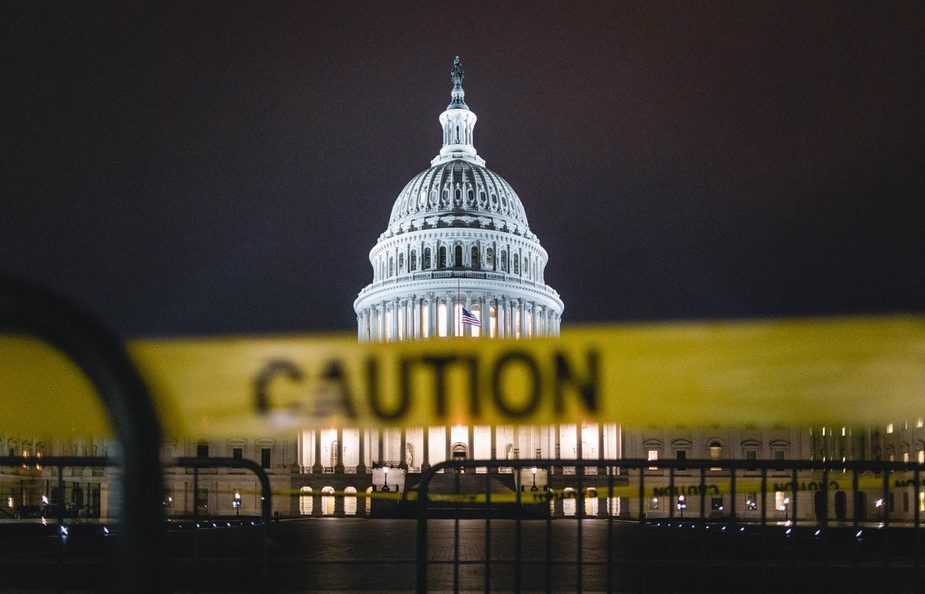How the Shutdown is Affecting Air Travel
The partial government shutdown is in full effect.

So far its impact has been most visible with the closing of some government buildings and national parks, along with a symbolic trash pile forming at the National Mall in front of the Capitol. Soon, recipients of food stamps with be without assistance, tax returns will be due, and other ripples will be felt.
One of those ripples hit the aviation world this week, with the Transportation Security Administration beginning to feel its effects as we approach the shutdown’s third week.
Past government shutdowns have tended to only last for a few days, and federal employees are able to receive back pay for time worked during the shutdown… however, this shutdown started on December 22nd and is currently the second longest in our nation’s history. And, without any sign of it ending, airport security is starting to thin out.
This week, TSA officers began calling out of work at major airports across the country according to senior TSA officials and union officials. These agents are required to work without pay throughout the entirety of the latest partial government shutdown, as if being a TSA officer wasn’t thankless enough already.
However upcoming bills are nearly due, and the lack of a paycheck is causing many people to search for another job. Keep in mind that a vast majority of Americans are living paycheck to paycheck, and this is most likely the case for many TSA agents.
The continued exodus of TSA agents will inevitably mean less secure air travel and longer lines at the airport, especially as the shutdown continues with no clear end to the political stalemate on the horizon.
Who’s still working at the airport?
Approximately 10,000 air traffic controllers employed by the FAA and just over 50,000 TSA officers have been told to keep reporting to work since they are deemed essential. Employees at checkpoints, control towers, and FAA radar stations aren’t being paid.
In addition to these workers calling out, commercial planes are not being inspected by Federal Aviation Administration officials. Most have been deemed “non-essential” workers, and have been furloughed during the course of the partial government shutdown.
Professional Aviation Safety Specialists (PASS), the union that represents a majority of these aircraft inspectors, is calling for the shut down to come an end to reduce the risk to airline travel — since December 22nd, thousands of PASS members and inspectors across the country have been furloughed.
These are the inspectors responsible for approving work completed by airlines to ensure they follow proper regulations for passenger safety.
Although many airlines have employees inspecting their planes, government officials are not in place to verify their work. The union is concerned that this will pose a risk to airline safety as the shutdown drags on.
In response, FAA officials have stated “The traveling public can be assured that our nation’s airspace system is safe… We prioritize available resources and as such, inspectors are recalled and deployed as needed for required inspections for air carriers”.
Air Traffic Control Concerns
Aircraft inspections and airport security is one thing, but what about once the planes take off? There are currently 1,900 air traffic controllers eligible for retirement. That’s nearly one in five.
Beginning next week, air traffic controllers will stop receiving paychecks, and it’s unclear how many will continue working when they can just retire.
“I don’t know how long they’re going to stay on the job if they’re not getting a paycheck,” said Paul Rinaldi, president of the National Air Traffic Controllers Association.
Hopefully this will end better for air traffic controllers than the ATC strike of 1981: after declaring their strike illegal, President Reagan fired more than 11,000 ATC employees after they failed to report to work, and assigned lifetime bans so they could not be rehired by the FAA.

